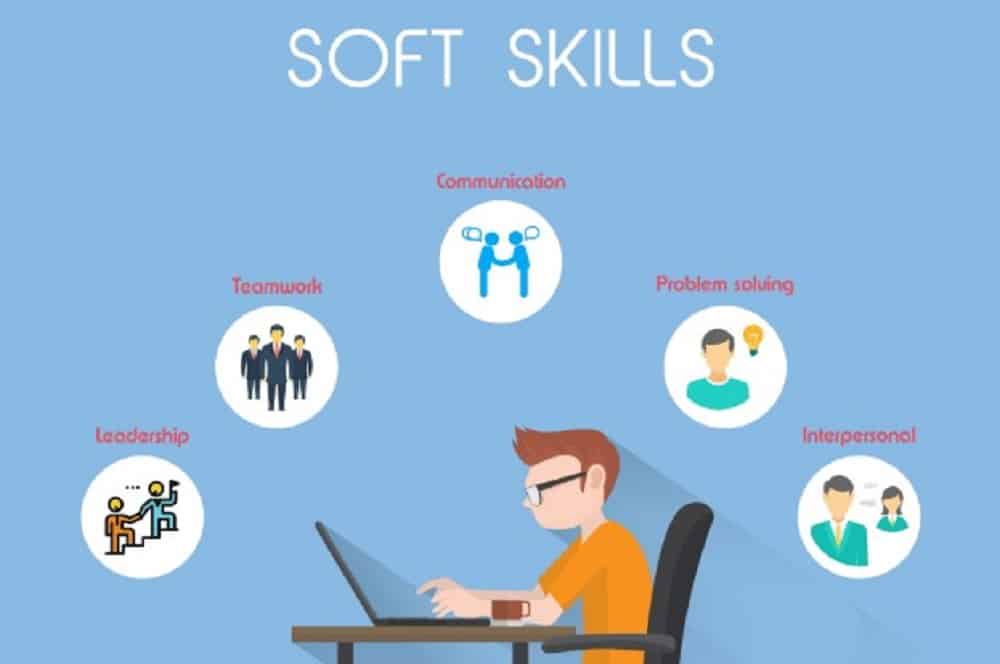Image Source: Google
In today's fast-paced and ever-evolving business world, the ability to navigate conflicts and lead effectively is more crucial than ever. While technical skills are important, soft skills play a significant role in determining the success of individuals in leadership positions. From conflict resolution to leadership, harnessing the power of soft skills training can make a profound difference in the way professionals interact with others and tackle challenging situations.
The Importance of Soft Skills Training
Why are Soft Skills Important?
- Soft skills are essential in building strong relationships with colleagues, clients, and stakeholders.
- Effective communication skills can enhance teamwork and collaboration within a diverse workforce.
- Soft skills such as empathy and emotional intelligence can help in resolving conflicts and managing difficult situations.
Benefits of Soft Skills Training
- Improved communication: Soft skills training can help individuals communicate more effectively, leading to clearer messages and better understanding among team members.
- Enhanced leadership abilities: Developing soft skills such as empathy, active listening, and conflict resolution can empower individuals to lead with compassion and integrity.
- Increased productivity: Teams with strong soft skills are often more cohesive and productive, leading to better outcomes and higher levels of job satisfaction.
Conflict Resolution through Soft Skills Training
Understanding Conflict Resolution
- Conflict is a natural part of any workplace, but how it is managed can make a significant impact on team dynamics and organizational culture.
- Soft skills such as active listening, empathy, and problem-solving are crucial in resolving conflicts effectively and fostering a positive work environment.
Key Strategies for Conflict Resolution
- Active listening: Encouraging open and honest communication can help individuals understand the root causes of conflict and work towards mutually beneficial solutions.
- Empathy: Putting oneself in the shoes of others can lead to greater understanding and empathy, which is essential in finding common ground and resolving conflicts.
- Collaborative problem-solving: Involving all parties in the resolution process can result in creative solutions that address the underlying issues and prevent future conflicts.
Developing Leadership Skills through Soft Skills Training
The Role of Soft Skills in Leadership
- Effective leadership requires more than just technical expertise – it also involves strong communication, emotional intelligence, and interpersonal skills.
- Soft skills can help leaders inspire and motivate their teams, navigate challenges, and drive organizational success.
Key Soft Skills for Effective Leadership
- Emotional intelligence: Understanding and managing one's emotions, as well as being attuned to the emotions of others, is essential in leading with empathy and authenticity.
- Adaptability: Leaders who can adapt to changing circumstances and inspire others to embrace change are better equipped to lead their teams through uncertainty.
- Strategic communication: Clear and transparent communication is vital in keeping teams aligned, motivated, and focused on common goals.
Conclusion
Soft skills training is a valuable investment for professionals at all levels, from entry-level employees to senior executives. By honing essential soft skills such as communication, empathy, and conflict resolution, individuals can enhance their effectiveness as leaders and contribute to a positive and productive work environment. From conflict resolution to leadership, harnessing the power of soft skills training can empower individuals to navigate challenges, build strong relationships, and drive organizational success.

